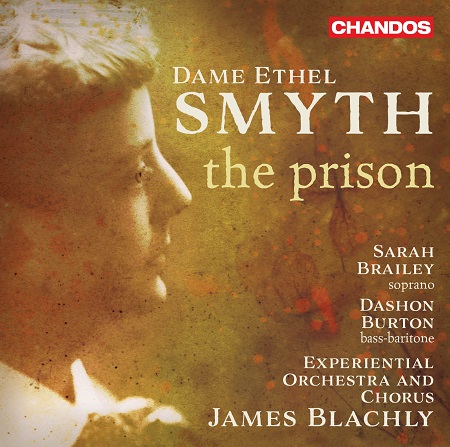16 Dec 2005
Mefistofele, Opera in un prologo, quattro atti e un epilogoMusic and libretto by Arrigo Boito (1842-1918), based on Faust: Eine Tragödie by Johann Wolfgang von Goethe »
11 Dec 2005
La Forza del Destino, a melodramma in quattro attiMusic composed by Giuseppe Verdi. Libretto by Francesco Maria Piave based on the drama Don Alvaro o La fuerza del sino by Angel Perez de Saavedra »
04 Dec 2005
Martha, an opera in four acts.Music composed by Friedrich von Flotow. Libretto by Wilhelm Friedrich.First performance: 25 November 1847 at Theater an der Wien, Vienna. »
01 Dec 2005
La serva padrona, intermezzo in two partsMusic composed by Giovanni Battista Pergolesi. Libretto by Gennar'antonio Frederico.First performance: 28 August 1733, Teatro San Bartolomeo, Naples. »
27 Nov 2005
Fidelio, an opera in two acts »
20 Nov 2005
VERDI: Macbeth, melodramma in quattro parti.Music composed by Giuseppe Verdi. Libretto by Francesco Maria Piave, based on the play by William Shakespeare. »
12 Nov 2005
Music composed by Johann Strauss II.Libretto by Richard Genée based on Henri Meilhac and Ludovic Halévy/Karl Haffner.First performance: 5 April 1874 at the Theater an der Wien, Vienna. »
24 Oct 2005
Victorien Sardou (1831-1908) was a popular French dramatist during the later half of the 19th Century. He, along with Eugène Scribe, combined melodrama and realism to a produce a more serious form of drama that emphasized careful plot construction. »
10 Oct 2005
Aleksandr Sergeevich Pushkin (1799-1837) is generally considered Russia’s greatest poet. According to Andrew Kahn, his contemporaries held him “above all the master of the lyric poem, verse that is famous for its formal perfection and its reticent lyric persona, and infamous for its resistance to translation.” [Alexander Pushkin, The Queen of Spades and Other Stories, trans. Alan Myers, Oxford and New York: Oxford University Press, 1997] »
05 Oct 2005
The Story of the Chevalier Des Grieux and Manon Lescaut by Abbé Prévost stands as one of the great works of French literature. It first appeared in 1731 as an appendix to the series, Memoirs and Adventures of a Man of Quality. It was later revised in 1753 for independent publication under the title Les Aventures du chevalier Des Grieux et Manon Lescaut with illustrations by Pasquier and Gravelot. »
18 Sep 2005
By early 1835 Giovanni Pacini had written almost fifty operas during the course of a career launched in 1813. He was tired and he was discouraged. Not only had his earlier works been overshadowed by the force of Rossini’s musical personality, but even after the departure of the Pesarese from Italy in 1823, Pacini’s star did not shine brighter. In his fascinating Memoirs, the composer examined these years and acknowledged his own limitations. Though the first performances of his Irene, o L’assedio di Messina (Naples, Teatro San Carlo, 30 November 1833) were largely rescued by the singers, Pacini knew the creative vein he had been mining was empty. Maturing under the spell of Rossini, he had not yet shown himself to be more than an able follower: “I began to realize that I should withdraw from the field.—Bellini, the divine Bellini, and Donizetti had surpassed me.” »
11 Sep 2005
Das Rheingold is the first of the four works that constitute Der Ring des Nibelungen. On the title page of Der Ring des Nibelungen, Wagner refers to Das Rheingold as a Vorabend (a preliminary evening). Nevertheless, Das Rheingold sets the foundation on which the remainder of the Ring is built. »
